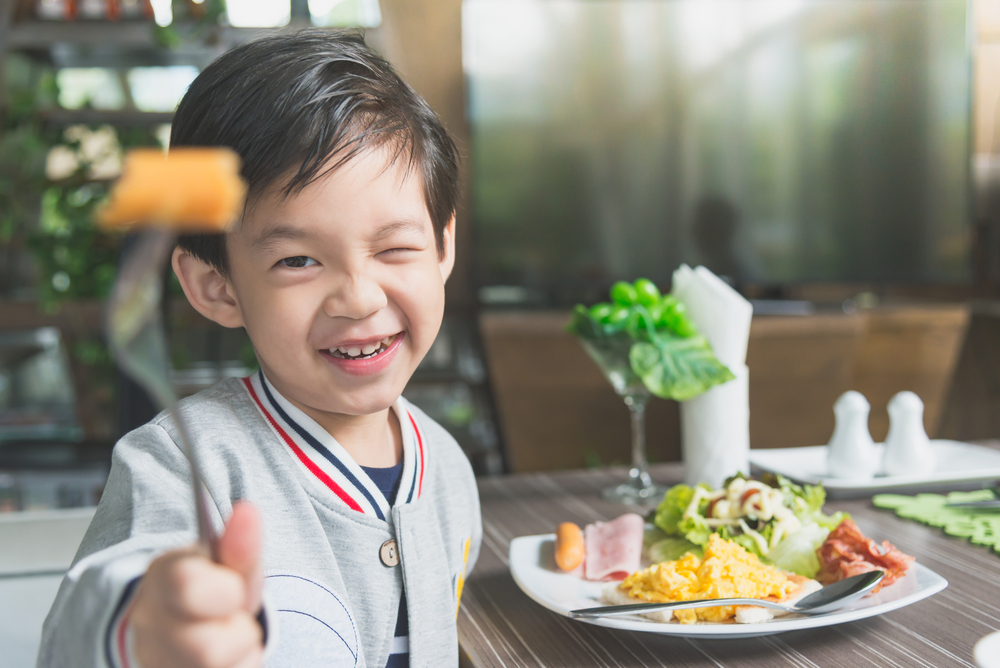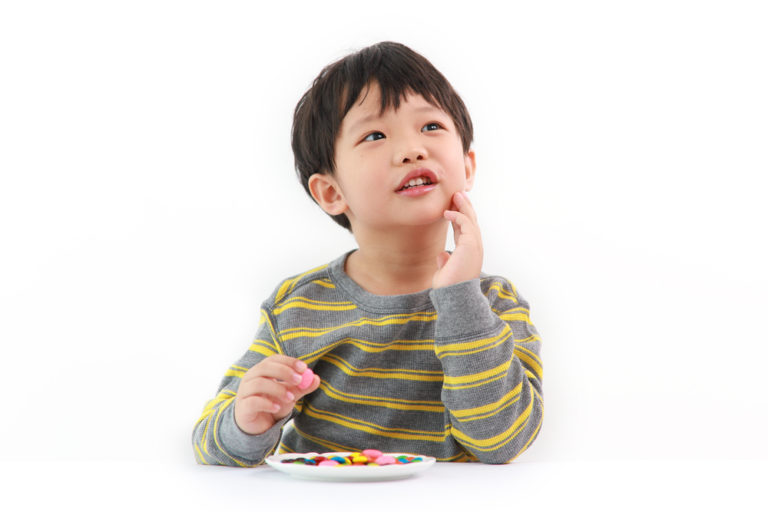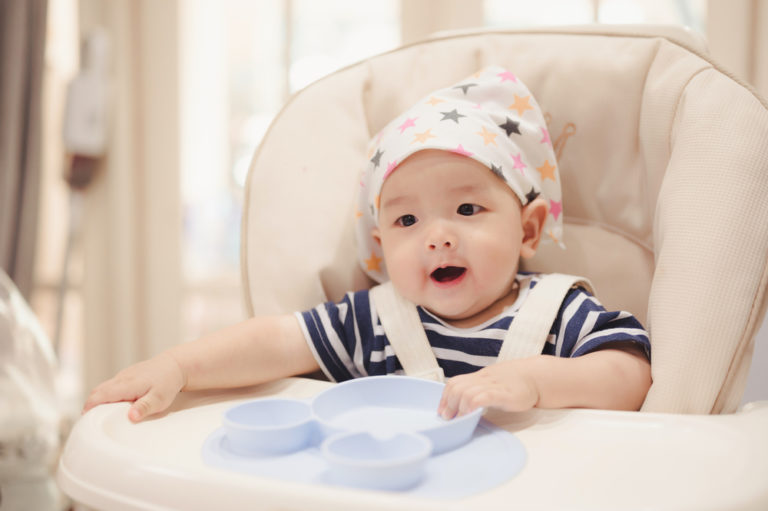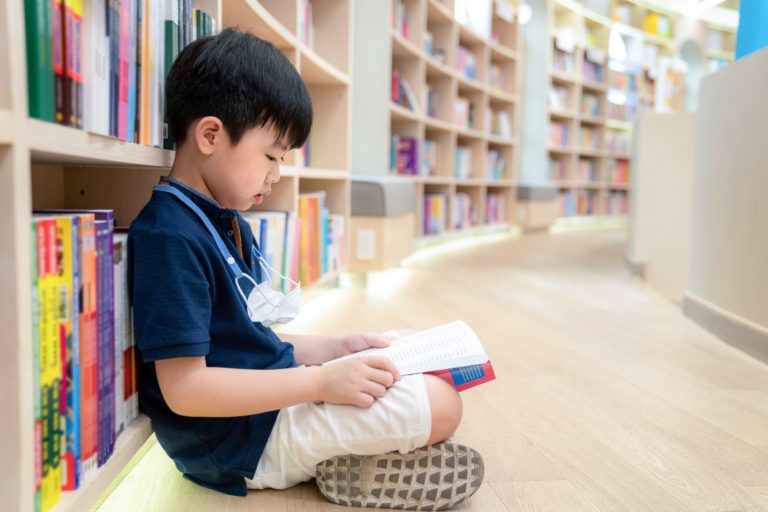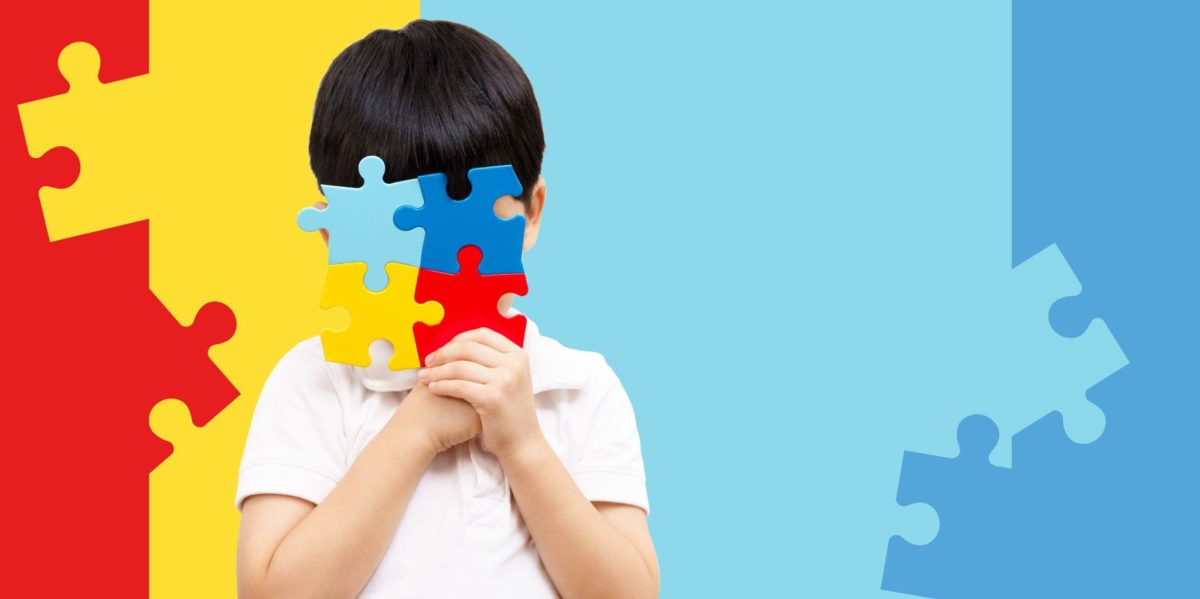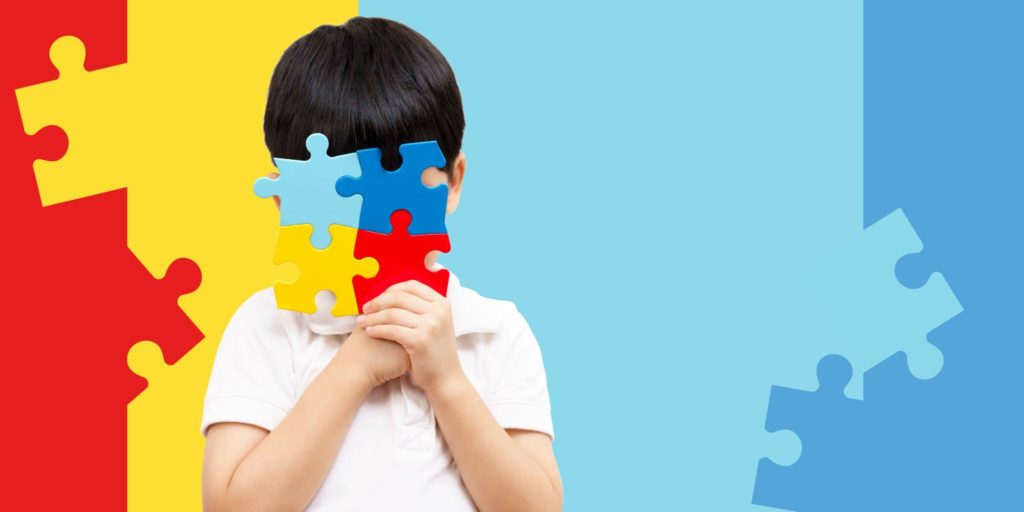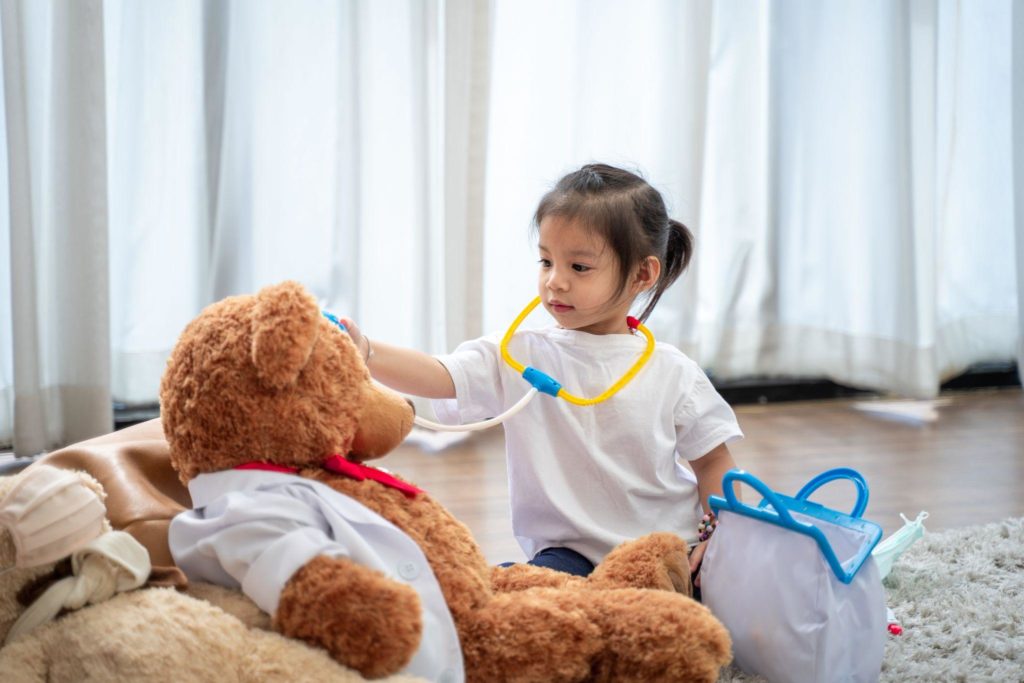Parenting Tips
Parents Zone

Written by: Hong Kong Family Welfare Society School Social Worker
Kong Shu Ling
Gifted education is increasingly valued in Hong Kong, and the Education Bureau’s website states that the mission of gifted education is to identify and nurture gifted students in a systematic and directed manner and to provide them with appropriate educational opportunities so that they can fully realize their individual potential under a flexible teaching method and environment. According to the literature, gifted students are not only a group with a high IQ, but also have the potential to be gifted if they excel in other areas, such as the arts or leadership..
Difficulties of Gifted Students
Although gifted students have exceptional potential and learning abilities, their cognitive development is faster than the general population, and they have unique affective traits such as fear of failure and rebellion against authority, which often create real-life adjustment problems. These problems may lead to emotional distress and hinder the potential development of gifted students. In one article, “Letter from Helen,” the protagonist truly reflects the emotional difficulties that gifted students encounter.
The essay describes a Helen with an IQ of 146 who was treated as a “monster” when she was a child because of her prominent words and actions. She was afraid of answering questions in class because when she got them wrong, the class would make fun of her. Later, when she joined the society, her colleagues regarded her as a threat and treated her unkindly. In the process, even though she tried her best to develop a social circle, the only thing she got in return was more harm, which had a profound impact on her personally.

In addition, Dr. Daniel Gorman, a columnist for Time Magazine and a psychologist at Harvard University, made the point in his book that while IQ determines 20% of life, emotional intelligence dominates 80% of life. He also suggested that many people with IQ scores over 160 are working for those with IQ scores of 120 because people with lower IQs have developed emotional intelligence, which allows them to win in the workplace. This shows that even if a person has a high IQ, it does not mean that everything is smooth. Therefore, successful gifted education should not only focus on the cognitive development of gifted students, but also their emotional development, i.e., affective education, is equally important.
What is affective education?
Affective education in the narrow sense refers to guiding students’ emotional development, while in the broader sense, it refers to cultivating noble sentiments that help them establish positive life goals. However, affective education is not only about individual counseling of students, but also about the surrounding environment such as school and family, which are important factors affecting students’ affective development. As parents, the most important thing is to set an example and be a role model for their children. For example, when parents encounter impolite treatment from colleagues at work, they can share with their children how to control their emotions and respond appropriately when they get home, and put the “theory” into practice at home so that their children can learn. In addition, parents can help their children think from multiple perspectives. For example, their affective traits can have a positive side in addition to a negative one. Their perfectionist nature reflects their seriousness and hard work; their lack of conformity reflects their boldness to express and break with tradition. In this atmosphere of encouragement and acceptance, I believe gifted students will be able to give full play to their talents and gifts.
In fact, it does not matter if they are gifted or not, what matters is to believe that everyone is unique, and then to explore their potential and let it flourish with the right support!



